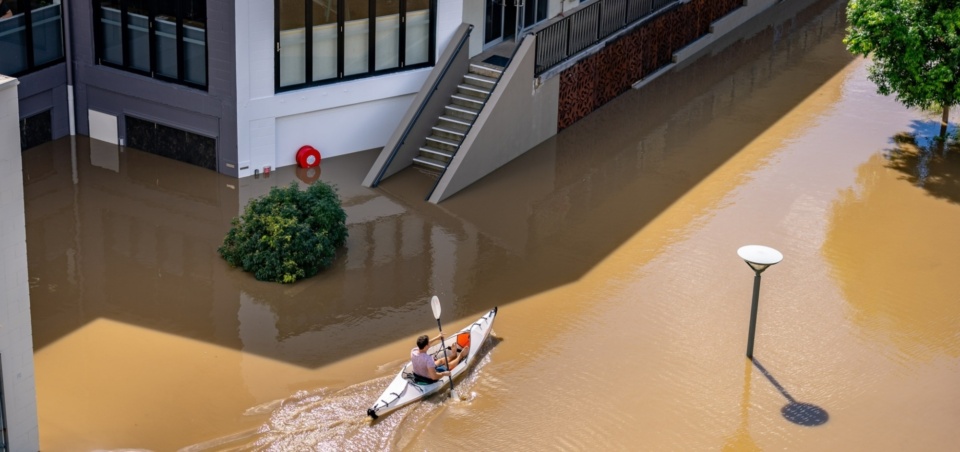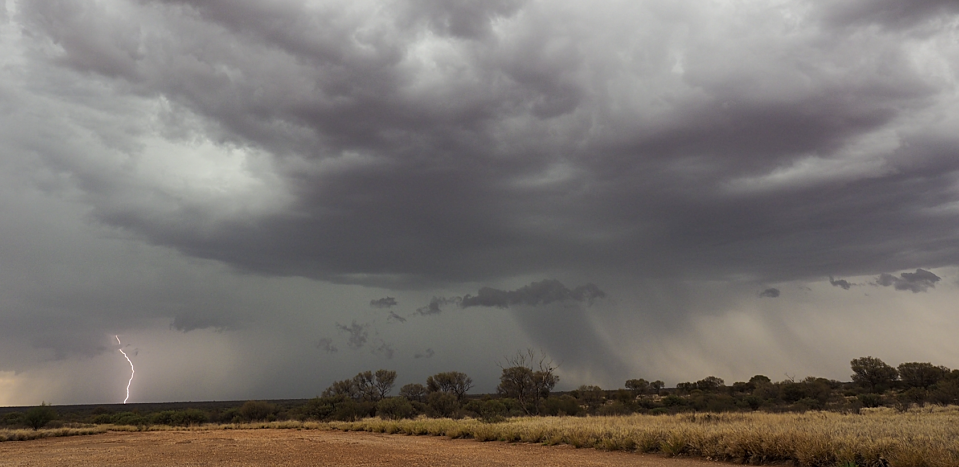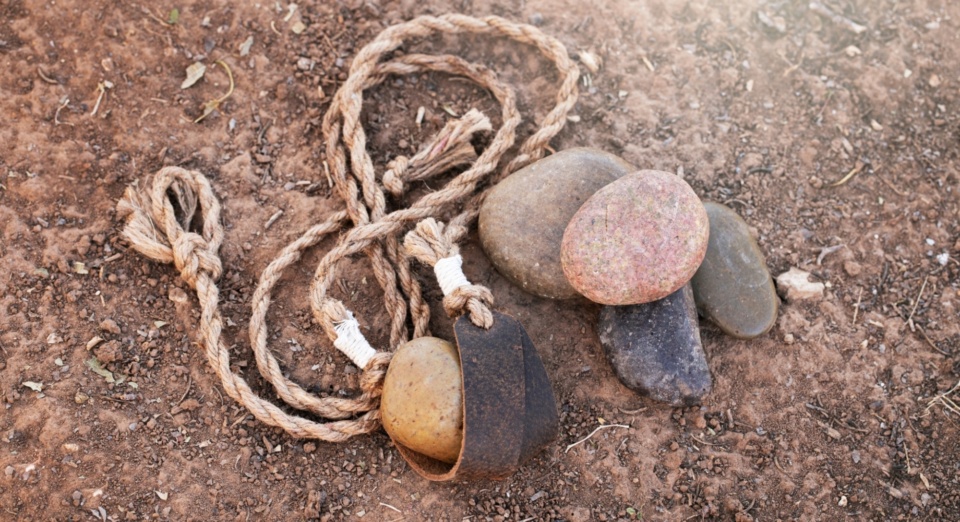
An election surprise, a Press Club debate, and investment inertia: 2025 in review
Posted on 10 Dec 2025
What a year 2025 has been, particularly at a national level where the Parliament and politics as we…
Posted on 12 Sep 2023
By David Crosbie

Charities and not-for-profits have been at the heart of community resilience for decades. Putting them at the centre of action to combat climate change should be no different, writes Community Council for Australia CEO David Crosbie.
Climate change is the biggest issue of our time.
It is already having a massive impact on many charities and not-for-profits (NFPs), and we are only at the beginning.
It is now unusual for any serious discussion about our future to occur without climate change being a major consideration.
Survey findings released last month showed that 88% of UK charities were concerned about the impacts of climate change, and 94% said the charities sector has an obligation to address it.
And yet, just half of the charities surveyed said climate change was currently a priority for their organisation.
The gap between the level of concern about climate change and the level of positive action to address it revealed in the UK survey would almost certainly be replicated in Australia.
The gap between concern and action in our organisations reflects the pressure charities are already under, as well as their lack of capacity to take on more priorities.
We know charities and NFPs can take a range of actions to begin addressing climate change within their own organisations - and leading organisations are already well ahead in some of these areas.
The Institute of Community Directors Australia and Our Community have produced a really useful and practical guide designed for NFPs - Going Green: Putting policies and procedures into practice.
Any number of environmental and other groups are undertaking advocacy work that charities and NFPs can support, including the ACOSS Community Sector Climate Change Declaration.
At the Community Council for Australia (CCA), we believe climate change is too important for our sector to rely on environmental charities to carry the load of driving positive change.
We are working with a range of partners on the proposal for Australia to jointly host COP31, the peak United Nations climate change conference, in 2026 with our Pacific neighbours.
To this end, CCA is part of the COP31 Collaboration Group which seeks to: connect people, planet, peace and prosperity into narratives, actions and advocacy that sees COP31 deliver for communities, for the planet, for the future, by influencing and enhancing:
The broader charities and community sector have often been treated as an extra on the set, a small part player in Australia’s response to climate change.
"The gap between concern about climate change and action to make it a priority in our organisations reflects the pressure charities are already under, as well as a lack of capacity to take on more priorities."
Discussions about climate change have been dominated by governments, business, energy providers, financiers, local councils, and industry groups seeking adaptation support.
When charities and NFPs are at the table, their role is often limited, not only by a lack of understanding, but also by a lack of investment in the sector to build the much-needed capacity for active engagement.
These discussions should move beyond what charities need to do themselves to reduce the impact of climate change and focus more on the incredible value that charities and NFPs can bring to all aspects of responding to climate change.
Charities and NFPs have a critical role to play in Australian and global approaches to prevention, adaptation, resilience, disaster management, recovery, policy development and financing.

Everything we know about how well communities cope in disasters or times of difficulty reinforces the fundamental importance of social infrastructure, the connections between people that enable us to act collectively and support each other.
Charities and NFPs have been at the heart of community resilience for decades.
The pandemic reinforced the lesson that when our actions are driven primarily by self-interest, they can have a harmful impact on our lives and our communities.
When we act for our collective benefit, it can deliver stronger more resilient communities.
Looking beyond our own country to our neighbours and the broader globe is another area where Australian charities are active, but they could be playing a greater role.
This is one of the reasons CCA is actively supporting the COP31 bid.
From a CCA perspective, there is little point to Australia jointly hosting a COP31 with our Pacific neighbours if the event is going to be not much more than a fancy ticketed trade fair for business, while governments play politics in the back room and issue decorative statements about intent.
COP31 in Australia needs to be about connecting to communities, to all of us, to all our organisations, to our Pacific neighbours and their communities, enabling us all to move beyond concern to actions that will make a difference in our communities and for our planet.
We already know what the issues are. Time to act.
The Impact X Base Camp on November 1 in Sydney will be a critical climate change forum. There is a minimal charge of $50 (plus GST and booking fee) to attend. If you are interested in bridging the gap between concern about climate change and positive action, we’ll see you there.
David Crosbie has been CEO of the Community Council for Australia for the past decade and has spent more than a quarter of a century leading significant not-for-profit organisations, including the Mental Health Council of Australia, the Alcohol and other Drugs Council of Australia, and Odyssey House Victoria.
Community Directors Intelligence: The Green Edition

Posted on 10 Dec 2025
What a year 2025 has been, particularly at a national level where the Parliament and politics as we…

Posted on 26 Nov 2025
Charities and not-for-profits can be outstanding advocates for their cause, their community, their…

Posted on 12 Nov 2025
Managing a charity or not-for-profit in Australia is often more complex than it may appear. On any…

Posted on 29 Oct 2025
One of the most contentious debates across many areas of human services is the for-profit versus…

Posted on 28 Oct 2025
Workers in the not-for-profit sector lift up communities, care for those in crisis and do work that…

Posted on 08 Oct 2025
The cost of climate change's impact on Australian life is increasingly well documented. The…

Posted on 08 Oct 2025
The Wurundjeri Indigenous people who live in and around Melbourne understand their environment as…

Posted on 30 Sep 2025
I am proud of what Our Community, and its exceptional team, have achieved in the past 25 years. As…

Posted on 24 Sep 2025
If a business ran the government, a corporatocracy would likely emerge, prioritising profit over…

Posted on 09 Sep 2025
This has been another big week in the evolving story of tech oligarchs versus Australia, profit…

Posted on 03 Sep 2025
The problem with the NDIS is not autistic families or children, says Annabel Rattigan, a leadership…

Posted on 27 Aug 2025
It used to be that businesses could concentrate on profits, profits and profits, only playing in…